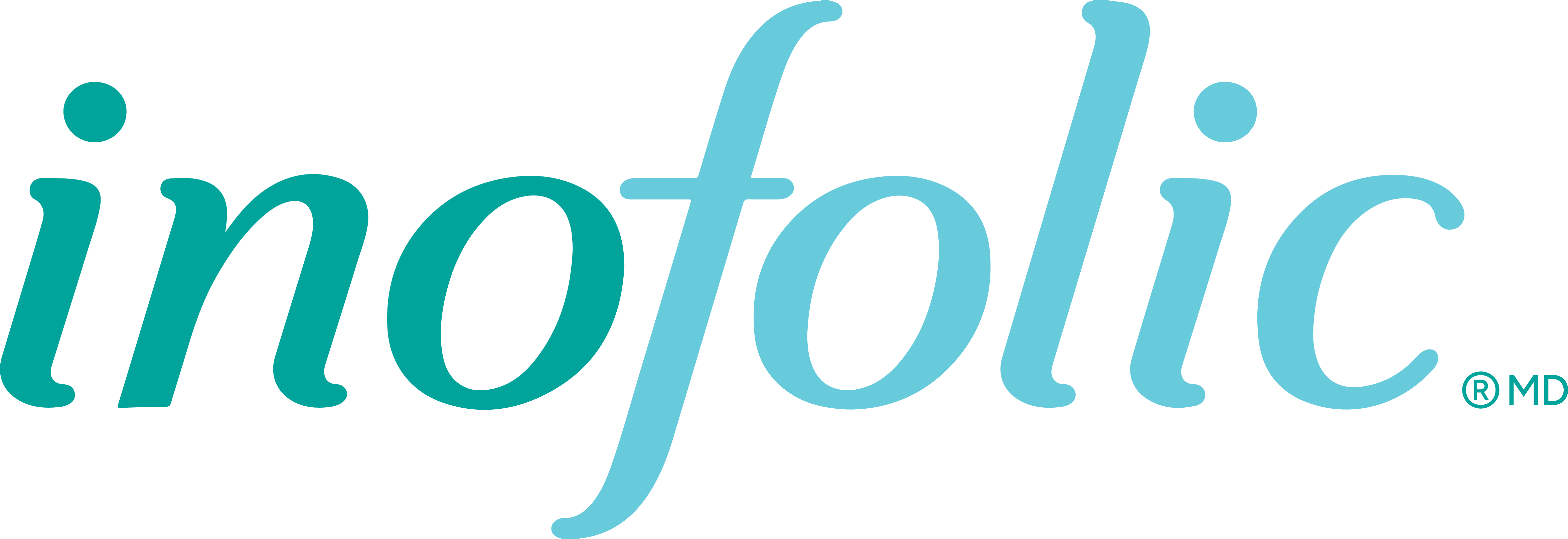Everything you need to know about PCOS
What is PCOS?
Polycystic ovary syndrome (PCOS) is a hormonal disorder that is common among women and typically starts in the teenage years or early 20s. Women and adolescents with PCOS may experience:
- Irregular periods. Having few menstrual periods or having periods that aren’t regular are common signs of PCOS. So is having periods that last for many days or longer than is typical for a period. For example, you might have fewer than nine periods a year. And those periods may occur more than 35 days apart. You may have trouble getting pregnant.
- Too much androgen. High levels of the hormone androgen may result in excess facial and body hair. This is called hirsutism. Sometimes, severe acne and male-pattern baldness can happen, too.
Who does it affect?
PCOS can affect women all throughout their life, particularly reproductive age, but usually starts in the teenage years or early 20s. 15-20% of Canadian women experience PCOS, and it may run in families. It’s common for sisters or a mother and daughter to have PCOS.
PCOS is the leading cause of medically treatable female infertility in Canada.
According to the University of Saskatchewan, approximately
Learn more about PCOS from Dr. Karen Desrosiers
Symptoms of PCOS
PCOS can present in many different ways for different people, but the symptoms can include:
Abnormal menstruation involves missing periods or not having a period at all. It may also involve heavy bleeding during periods.
You may grow excess facial hair or experience heavy hair growth on your arms, chest and abdomen (hirsutism). This affects up to 70% of people with PCOS.
PCOS can cause acne, especially on your back, chest and face. This acne may continue past your teenage years and may be difficult to treat.
Between 40% and 80% of people with PCOS have obesity and have trouble maintaining a weight that’s healthy for them.
You may get patches of dark skin, especially in the folds of your neck, armpits, groin (between the legs) and under your breasts. This is known as acanthosis nigricans.
Many people with PCOS have ovaries that appear larger or with many follicles (egg sac cysts) on ultrasound.
Skin tags are little flaps of extra skin. They’re often found in your armpits or on your neck.
People with PCOS may lose patches of hair on their head or start to bald.
PCOS is the most common cause of infertility in women. Not ovulating regularly or frequently can result in not being able to conceive.
To download a complete list of your symptoms, visit the Symptom Checker here.

Diagnosis
There is no single test to specifically diagnose PCOS. PCOS is diagnosed by your healthcare practitioner who will review your medical history. They may look for symptoms like menstrual irregularities, they may conduct a physical examination and look for signs of excess testosterone, and may also recommend blood tests for measuring hormone levels, and an ultrasound to check the appearance of your ovaries and the thickness of the lining of your uterus.
For younger women, the diagnosis can be challenging due to hormonal imbalances and menstrual cycles that are not yet regular.
Finding treatments that work for you.
While there is no cure for PCOS, early diagnosis and management of symptoms may prevent long-term complications.
Your healthcare practitioner may recommend any of the following as a treatment plan:
A healthy diet and physical activity can help to reduce your symptoms.
These can help regulate your menstrual cycle, and reduce the appearance of unwanted hair and acne.
- Medications to help control blood sugar levels and prevent diabetes.
- Treatments that are aimed directly at managing symptoms like acne & hair growth.
A product like Inofolic®, which contains myo-inositol & folic acid, can help restore ovulation and oocyte (egg) quality and normalize menstrual cycle irregularities
It promotes healthy glucose metabolism and reduces symptoms like acne and hirsutism.
Seeking the support and positive encouragement of others including family and healthcare professionals, can help.
Behavioural therapy, meditation and group activities can be helpful in treating PCOS and anxiety.

Inofolic® is a natural health product (NHP) recommended to help manage Polycystic Ovarian Syndrome.
1. Lujan et al. J Obstet Gynaecol Can. 2008 Aug; 30(8):671-679.

